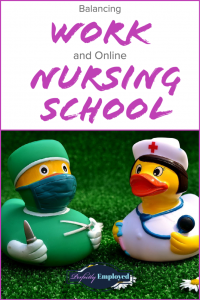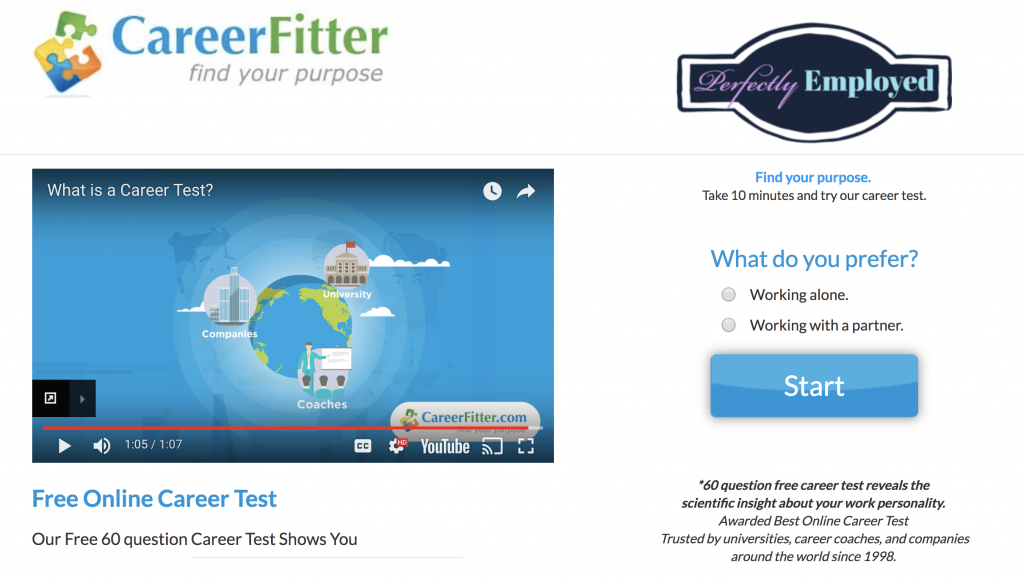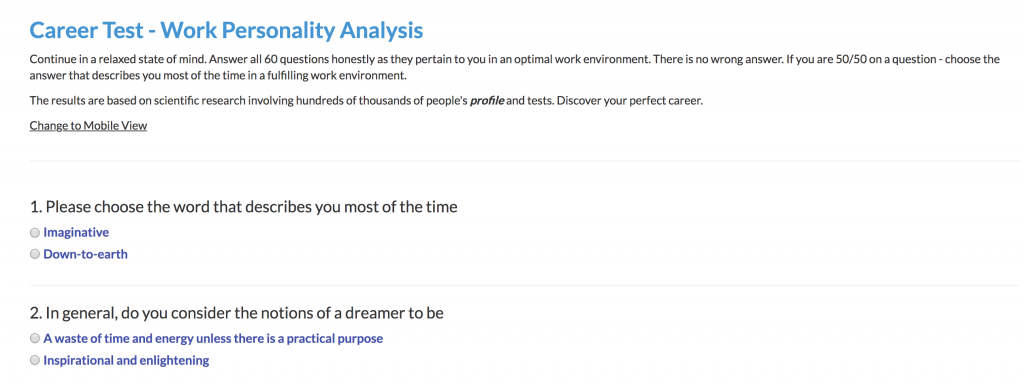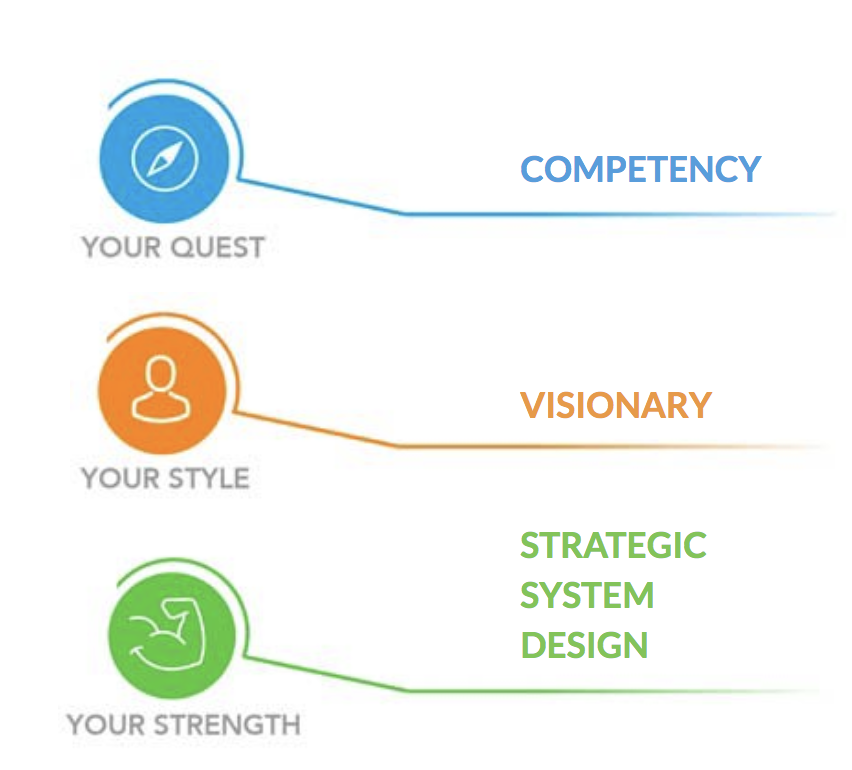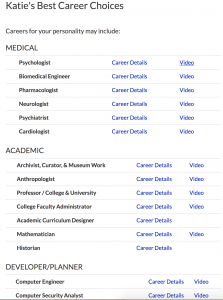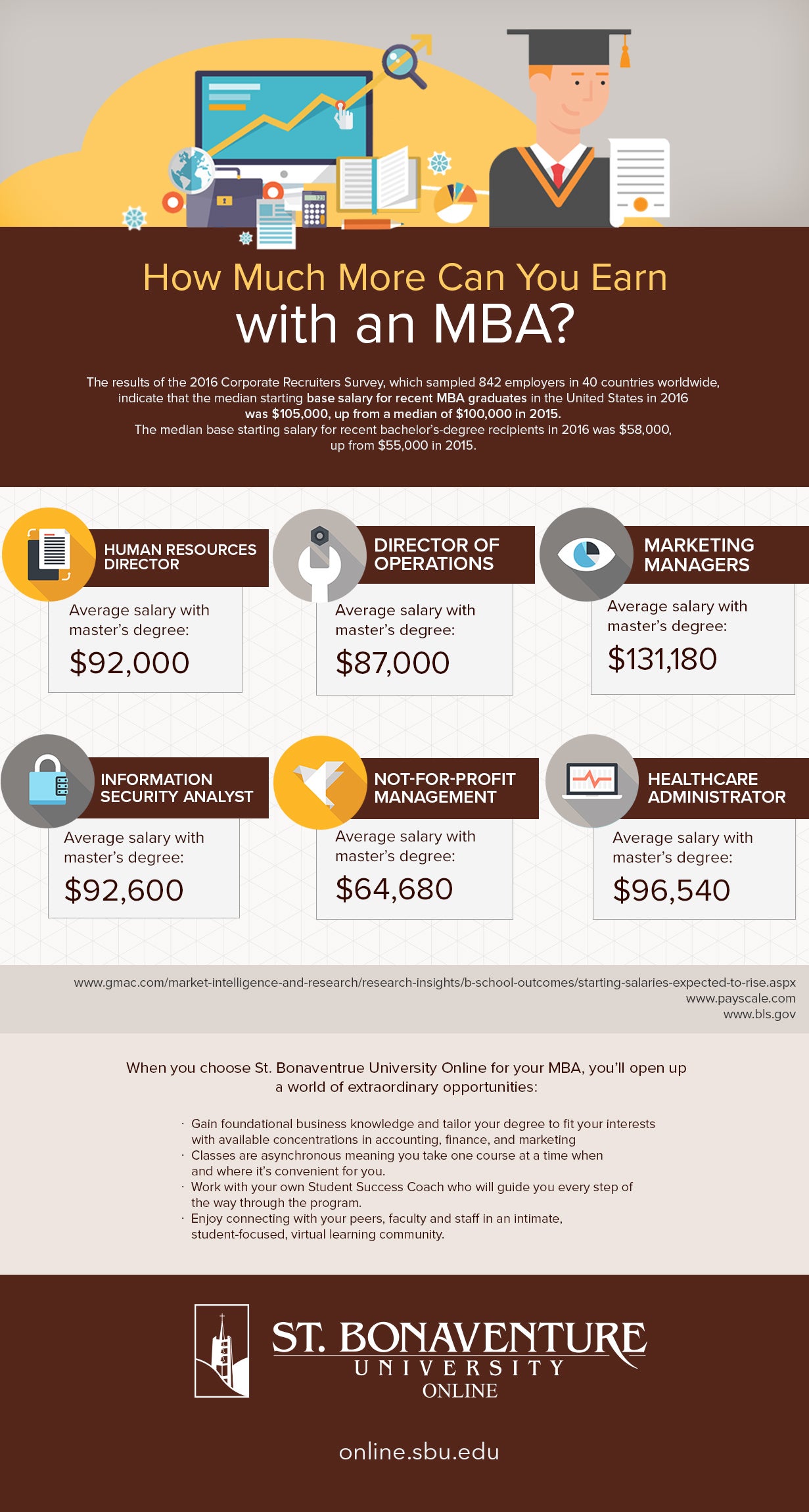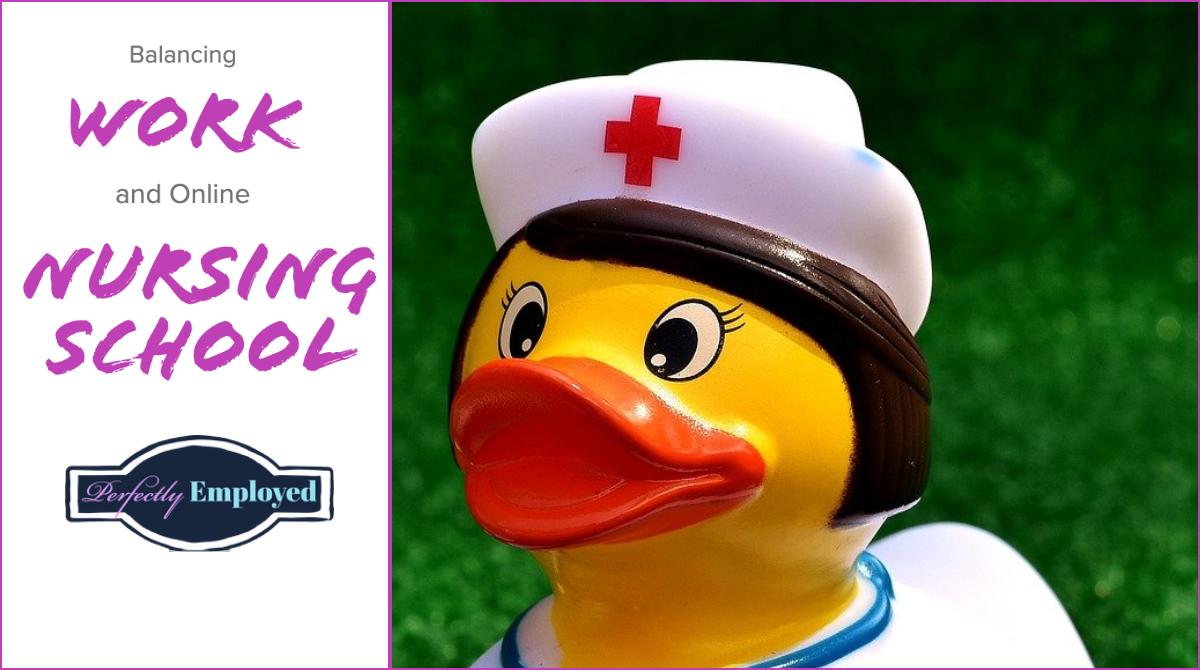
Balancing work and college is not easy. You will need to still be productive at work while being equally productive in class. This is never easy especially if you have a career in health care.
If you are going to succeed you will need to have a good work-study balance. You will also need to have some time for your family and friends as well.
Taking your classes online can make things a bit easier to manage but there will still be challenges. Here are some tips to help you get the most out of work and study.
Focus on What You Want to Achieve
Whether you are pursuing an online bachelor’s degree or an advanced degree such as an online mph degree you will need to stay focused in order to achieve your goals.
Take the time to write down why you are pursuing this degree. Display what you have written down in a place where you can take a look at it every day. It will be useful for those times when the stress is high and you begin to wonder why you decided to do this.
Set Up a Schedule
At the start of the semester, your professors are likely to send out your syllabus and tell you about your exam dates. You will also receive assignment deadlines.
Do not put off reading these. You should take a look at it as soon as it is sent out and start marking off the important dates on a physical or electronic calendar. You should start setting up reminders for when you should begin studying for your exams.
Set up reminders as well for when you should begin studying. Always ensure that the schedule fits in with the responsibilities you have at work.
Communicate with Those Around You
You can’t do it alone, in order for you to succeed you will need the support of your employer, friends, and family. Make sure that your employer knows that you are enrolled in an online program to advance your career. Let them know your schedule and that you may need some time off work to do your exams.
Let your family and friends know what you are doing. This will help them better understand those times when you may be too busy to spend time with them.
Use Your Downtime Wisely
Whenever you are not at work or in class it can be tempting to just sit back and chill. While this is necessary for your mental health and so that you can have some semblance of a life, whenever you can you should incorporate some study into this downtime.
It doesn’t have to be intense, it can be as simple as taking some flashcards and studying for fifteen minutes. If you commute to work on public transportation this is a good time to study. If you get a long lunch break you can use some of this time to study as well.
Use Your Vacation Time
Consider coordinating your vacation time so that it matches up with your exam time. When you do this you will have a chance to study full time when you need it the most.
This must be coordinated perfectly so make sure that you consider this when you get your schedule at the beginning of each semester.
Take Some Time for Yourself
No matter how well you schedule your work and study time you will not have a complete schedule until you have made some time in it to relax. If you don’t you will get burned out fast and your, work, study, family, and friends will suffer because of it.
Be just as strict about making time for yourself as you are about working and studying this is the only way you can ensure that you have a perfect balance. You should also remember to cut yourself some slack from time to time. If things don’t go as scheduled all the time that is fine.
Balancing It All
The time you spend doing your degree will be one of the most rewarding periods of your life. It may be tempting to think that studying online will be easier than in a physical space.
The truth is that it can be just as demanding and you will need to take the time to balance your work, study, and personal life. It is essential that you carve out time for yourself in all of this so that you can take care of your mental health.
Once you do this, you will be well on your way to accomplishing your goal of getting your advanced nursing degree.
Save to Pinterest
